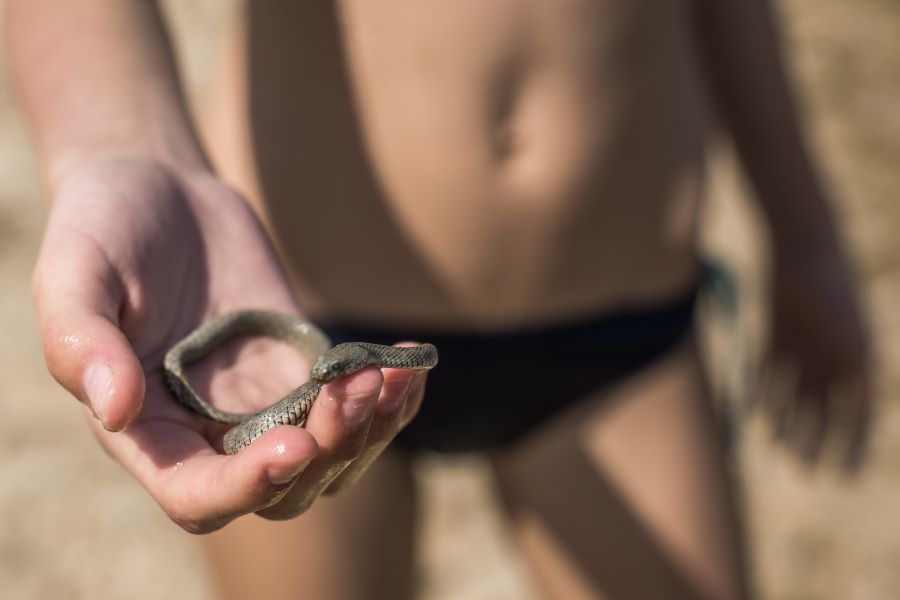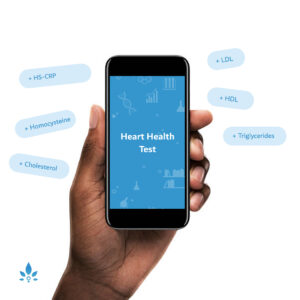How to Treat Snake Bites in Children


Spring and summer months usually mean more time outdoors. But it\’s not only people who enjoy the warm weather—snakes and all sorts of reptiles also come out of hibernation or hatch for the warm months. While it\’s natural to worry about your toddler\’s safety, rest assured that there is little danger of your toddler or baby suffering serious harm from a snake bite. However, if your child is bitten by a snake, there are recommended steps you should take to reduce the risk of infection and other problems.
Snake bites are very rare—snakes are not aggressive animals by nature and will generally only bite if they feel threatened. Of the species of snakes that live in the United States, only 5 percent are venomous, and the vast majority of those live in warmer climates, as opposed to temperate climates. Venomous species of snakes in the United States include rattlesnakes, copperheads, water moccasins, and coral snakes. Still, even non-venomous bites can be painful and can become infected. This is why doctors recommend that all snake bites are treated as venomous by taking your child to the emergency room right away for treatment.
If your child is bitten by a snake, have your child lie down and keep calm. Wash the bite well with soap and water and, if possible, circle the bite and write down the time it occurred. If possible, make a note of what the snake looked like with as much detail as possible to help the emergency room staff identify the snake.
Symptoms of a snake bite can include:
- Pain and swelling at the area of the bite
- Bloody discharge from the bite
- Fang marks
- Bruising
- Fever
- Chills
- Nausea
- Vomiting
Other symptoms may be present as well. A bite from a venomous snake will become inflamed and you\’ll often be able to see where the venom is traveling through your child\’s veins by the red inflammation along the vein path in the local area of the bite.
Once in the hospital, treatment will depend on the type of bite. Most bites are considered minor and will require only minor treatment. At the very least, your child may be given a tetanus booster and the bite will be cleaned thoroughly. At the most extreme, your child may need anti-venom if the bite was from a poisonous snake such as a rattlesnake. Because time is of the essence with anti-venom, it\’s ideal if you can help rapidly identify the type of snake that caused the bite.
Naturally, the best thing to do is prevent snake bites in the first place. Teach your child to avoid snakes by staying out of tall grass and not placing hands into areas like rock piles or stacks of firewood. Keep your yard mowed and cleaned up so it is not a hospitable home for snakes and be aware of what types of snakes may be in the area where you live or where you are visiting.
Sources:
- Children’s Hospital Colorado
- Snake Bite.
Johns Hopkins Medicine - Snake Bites and Children.
Powered by Bundoo®












































